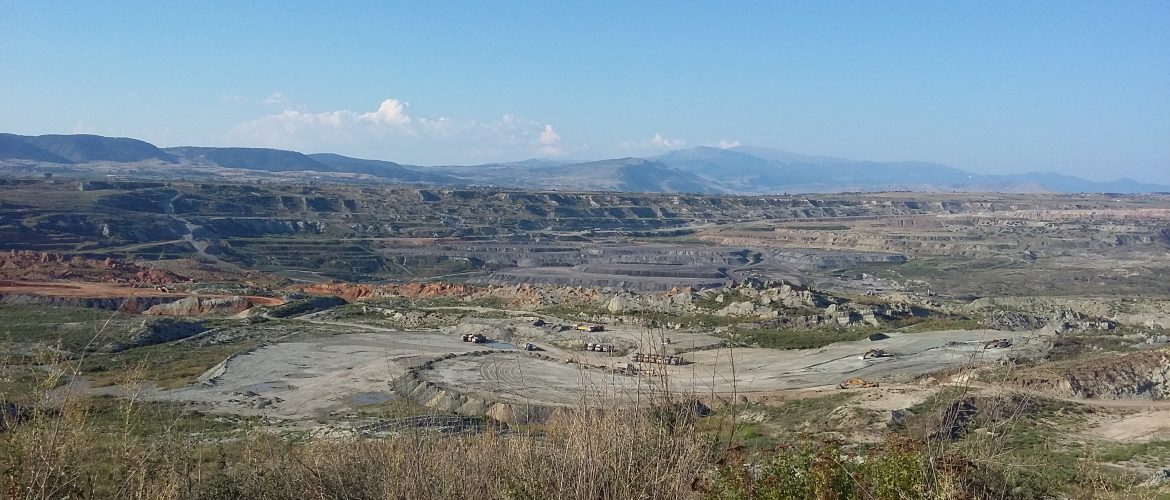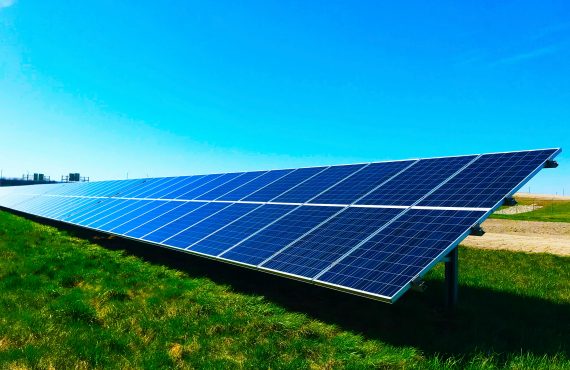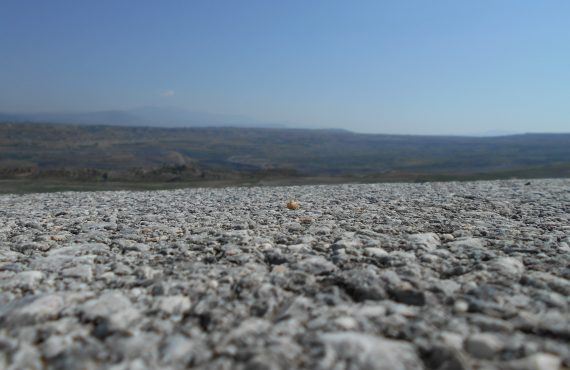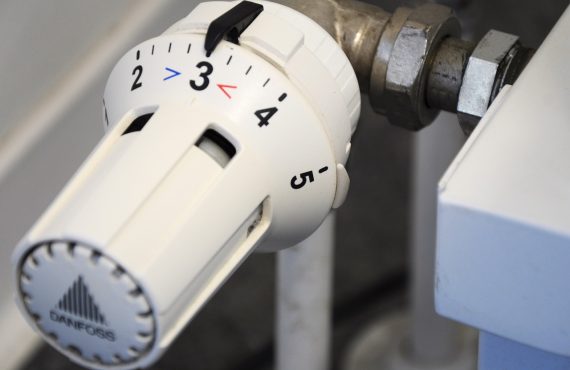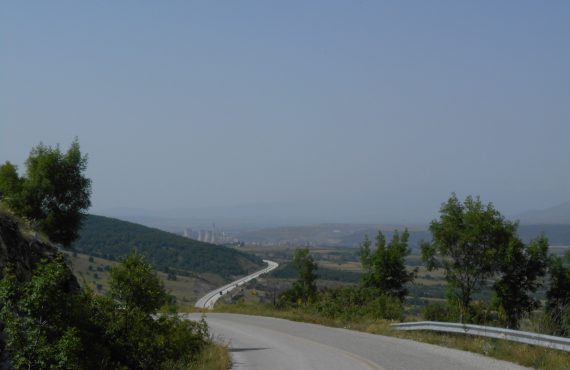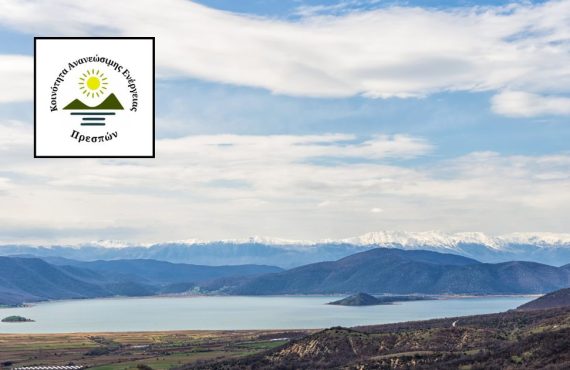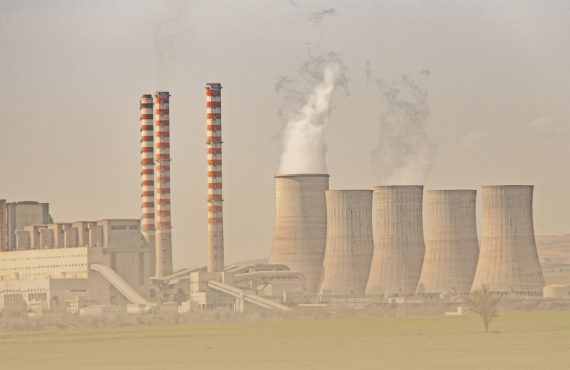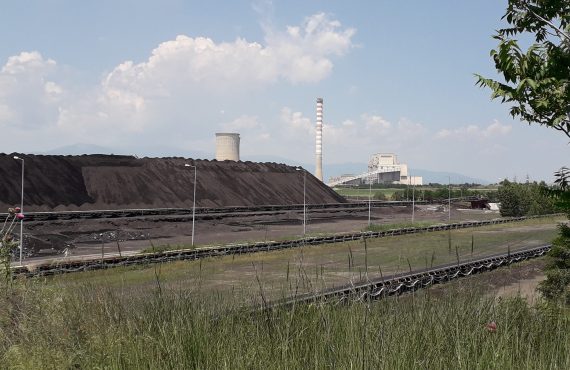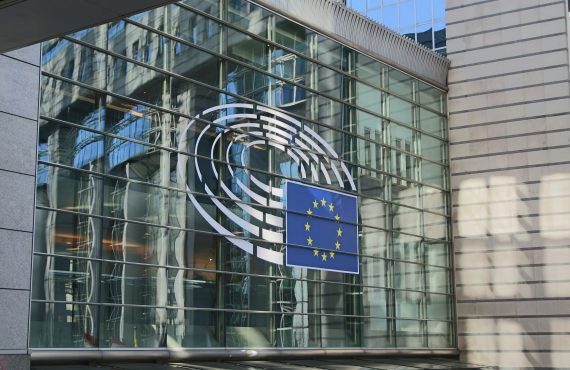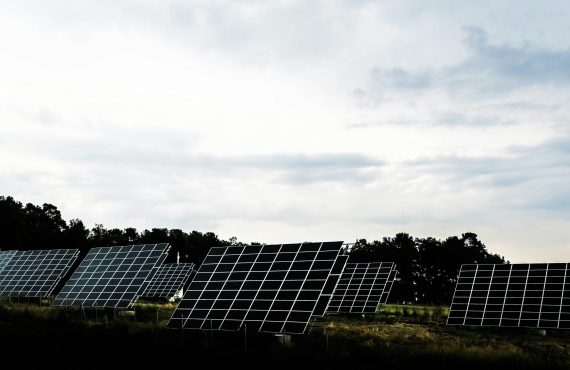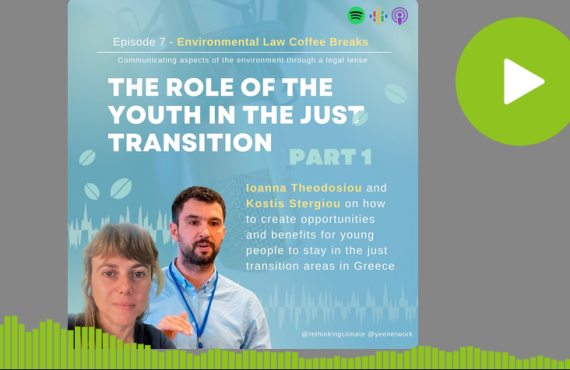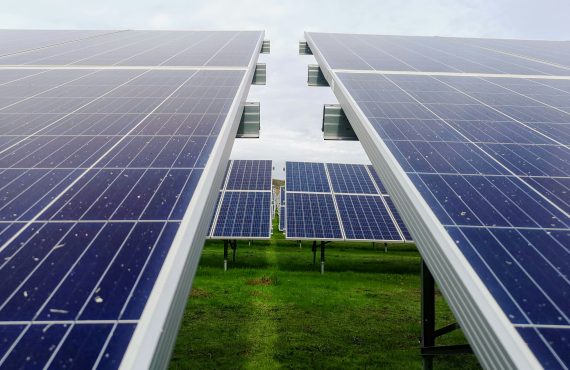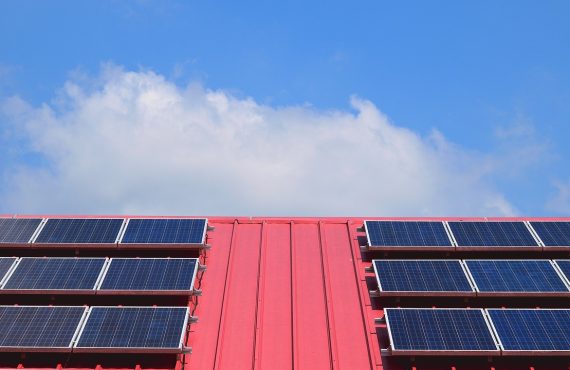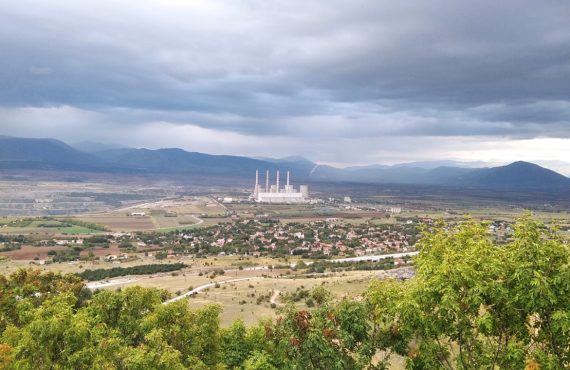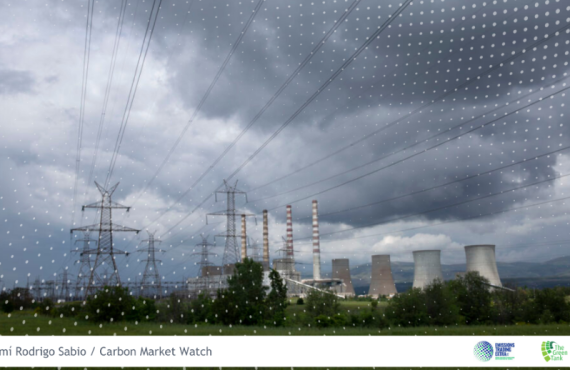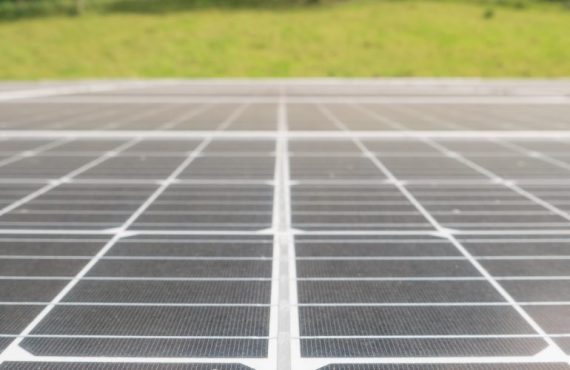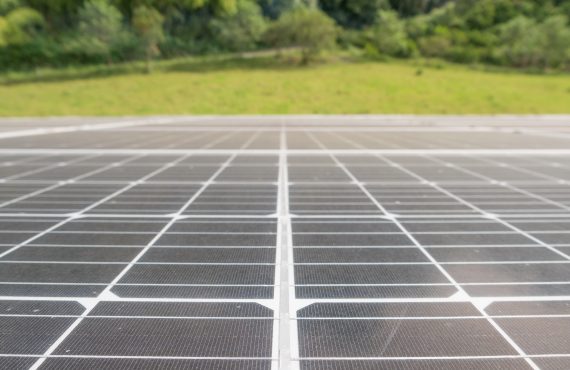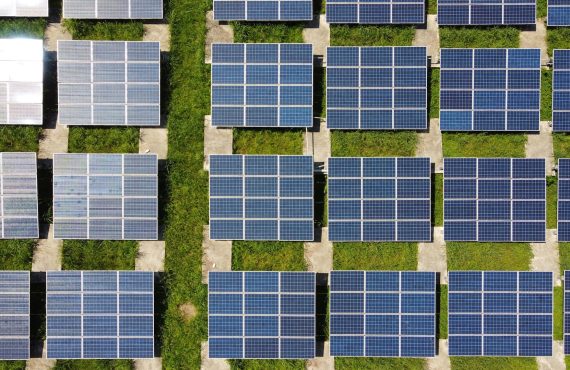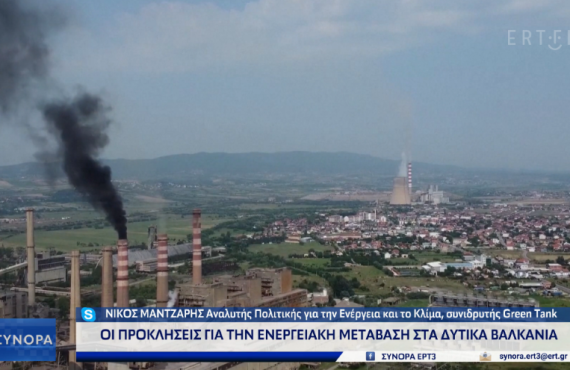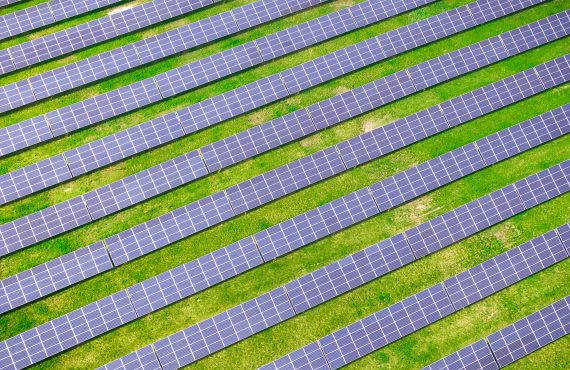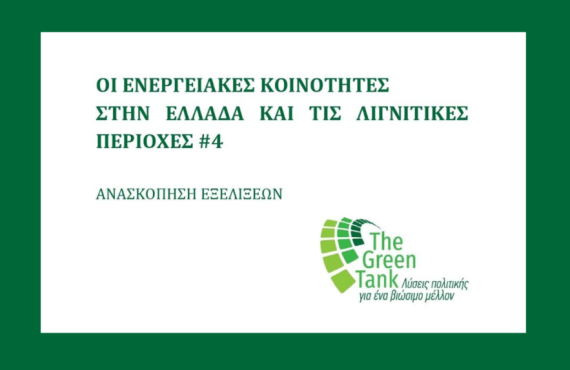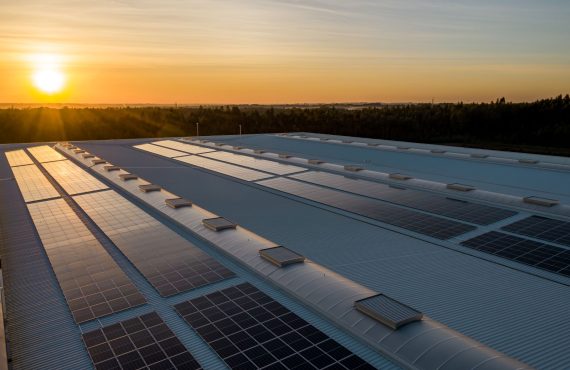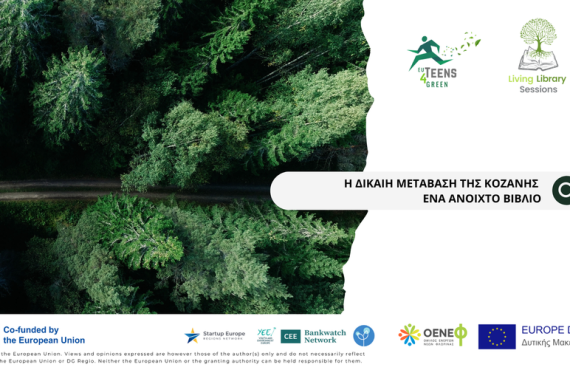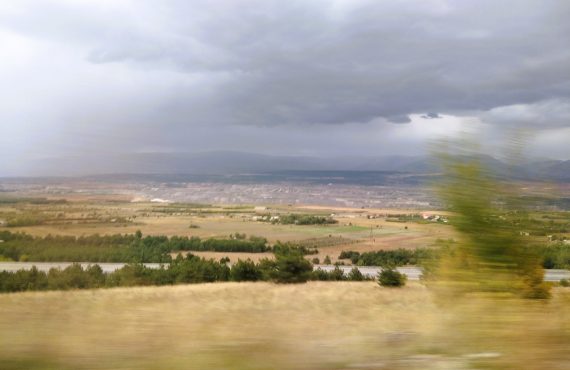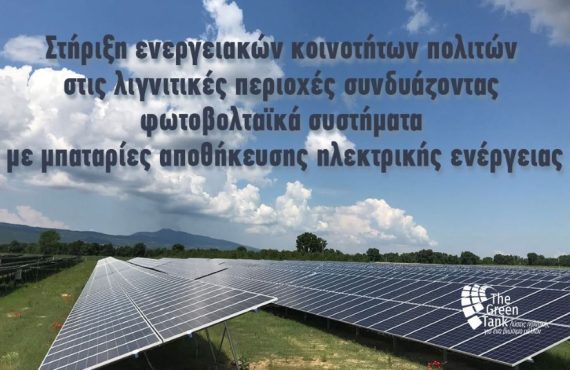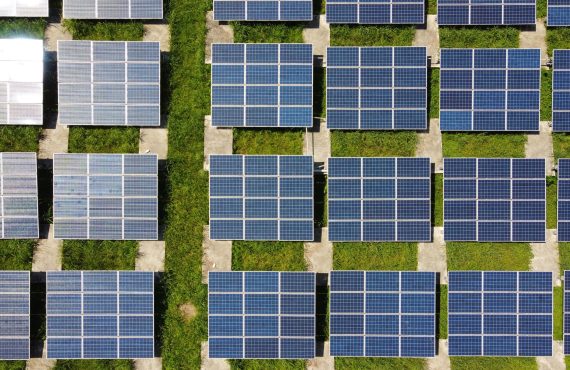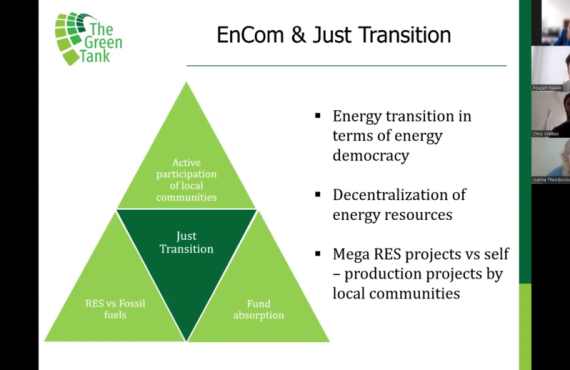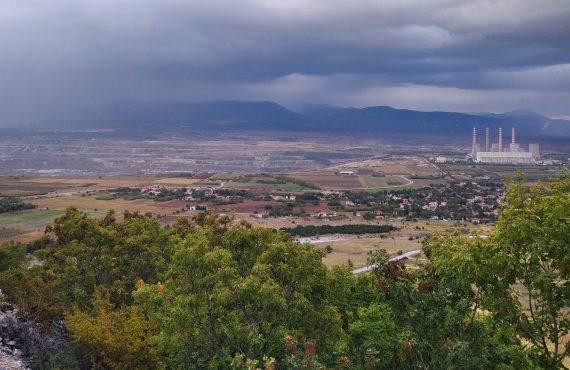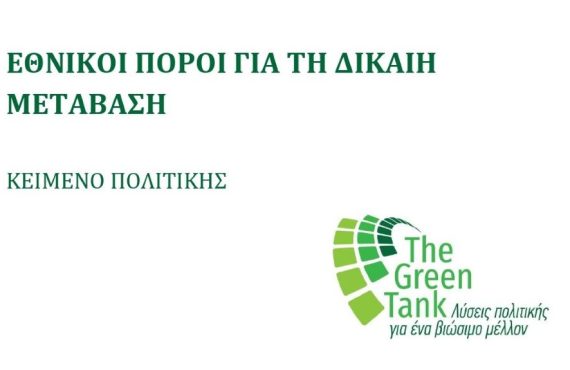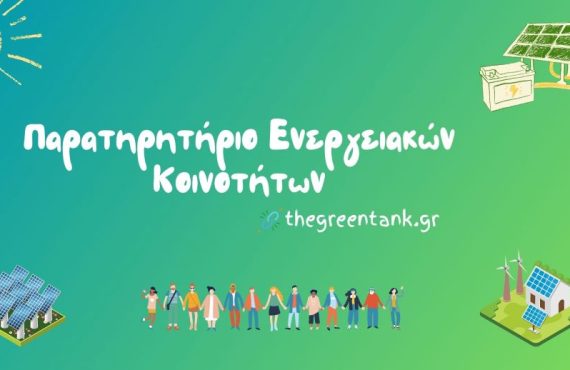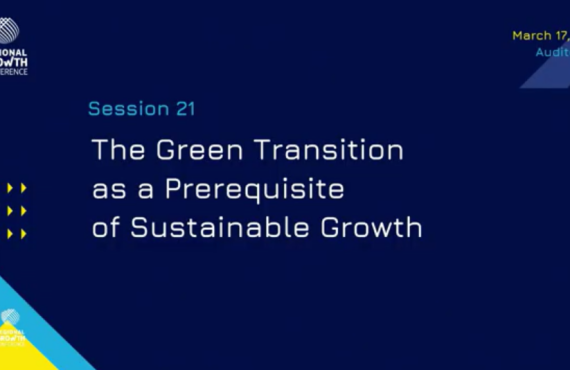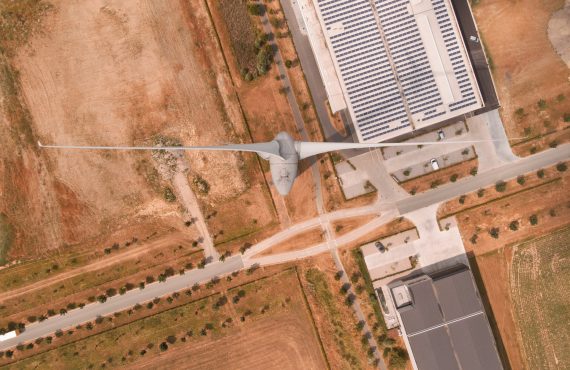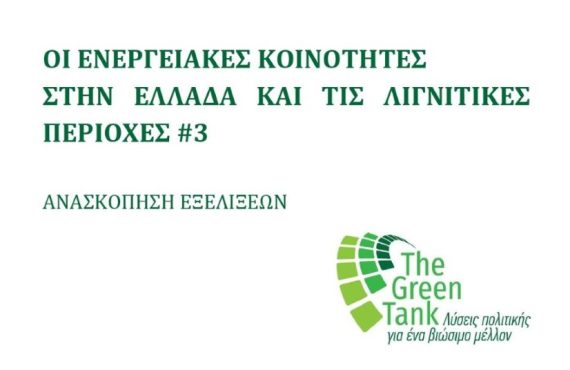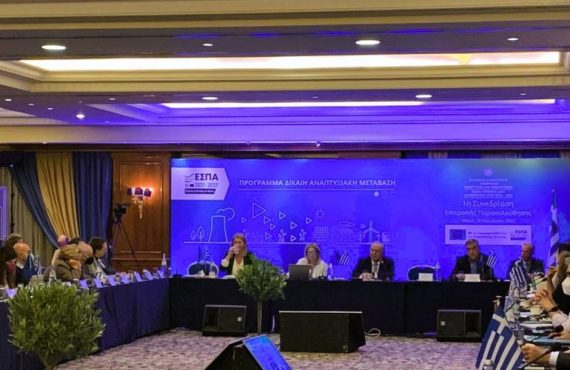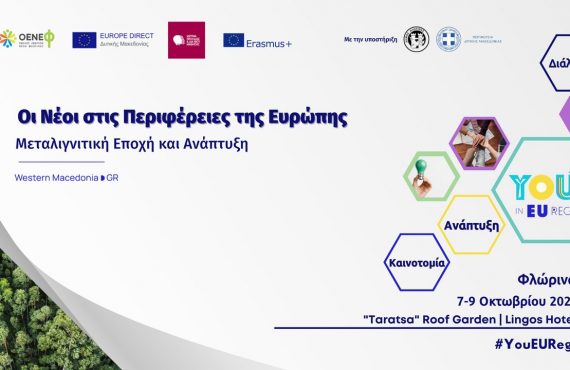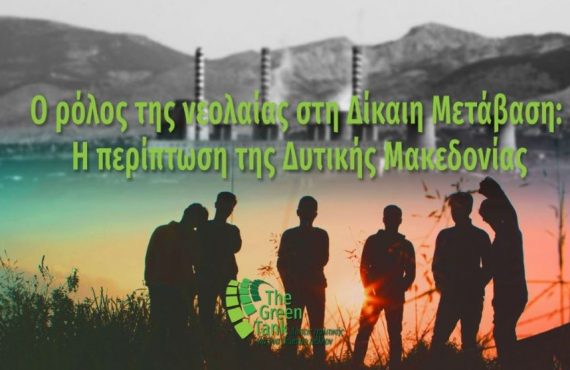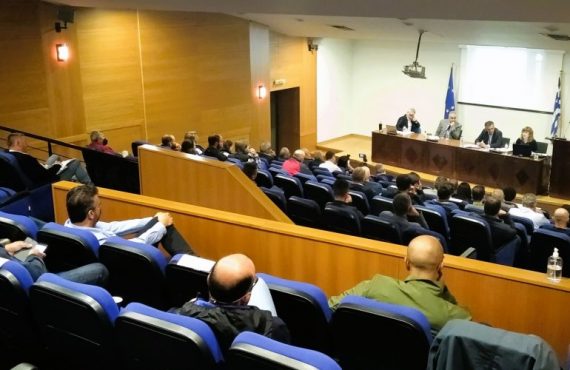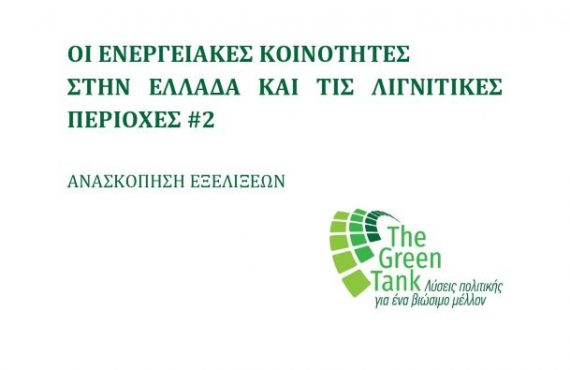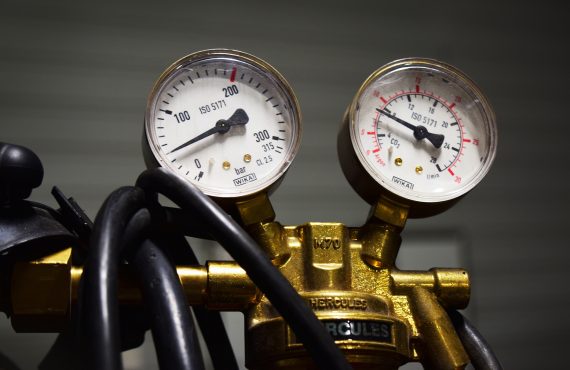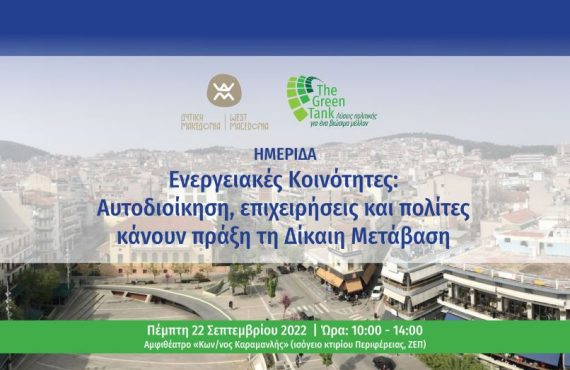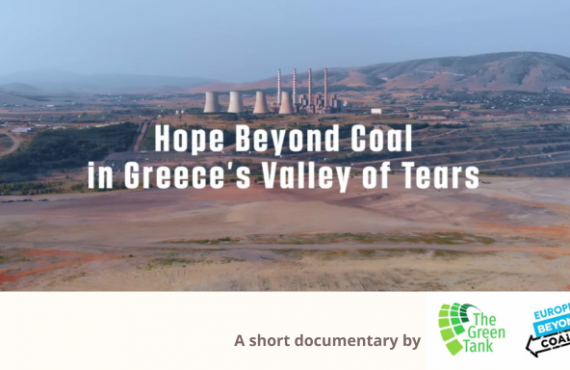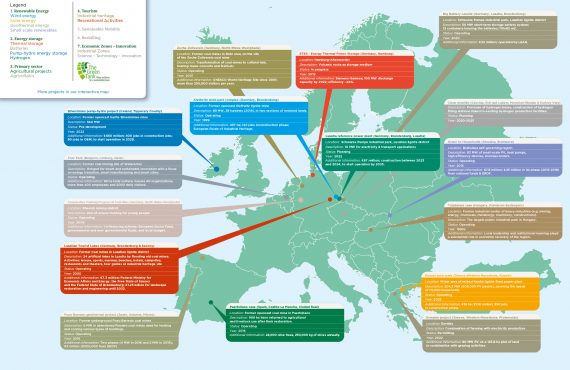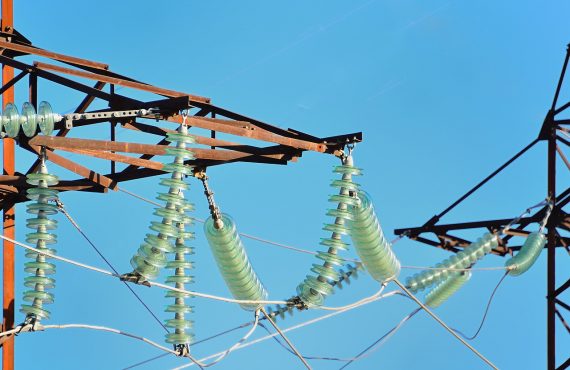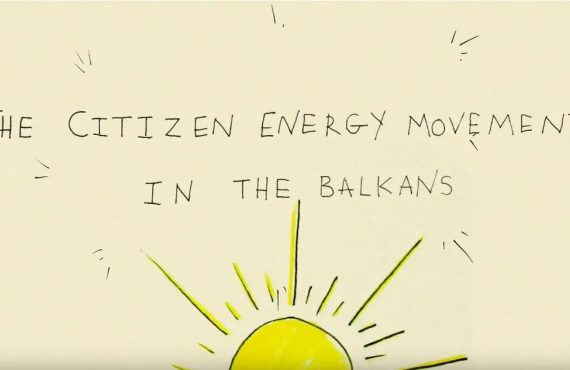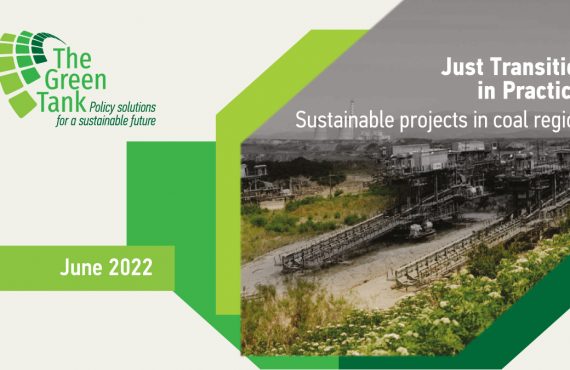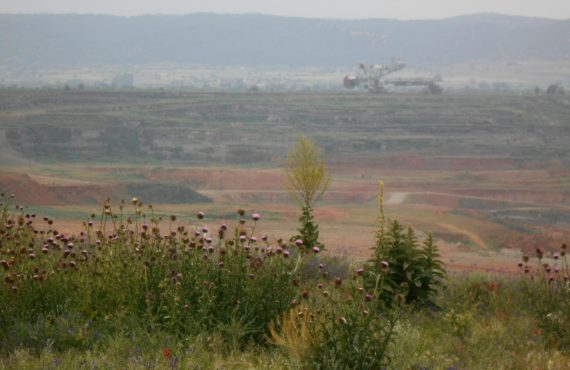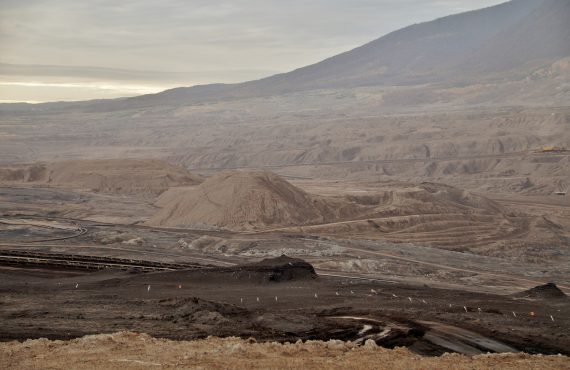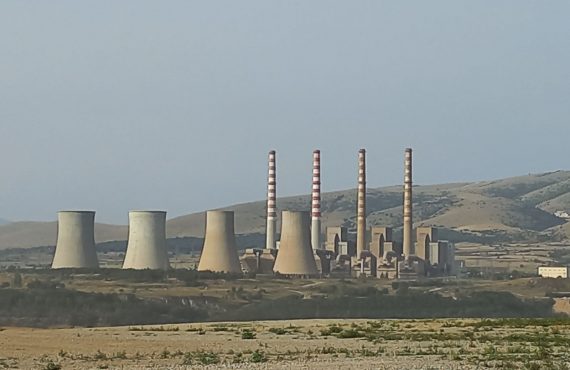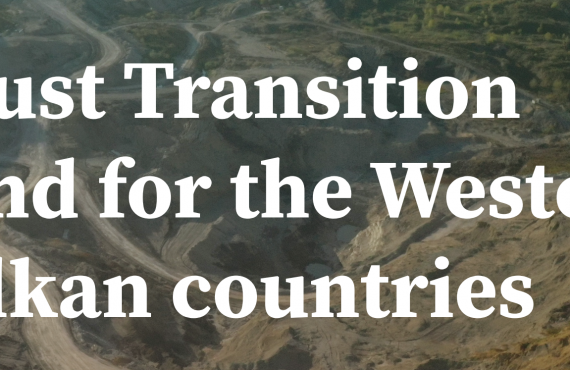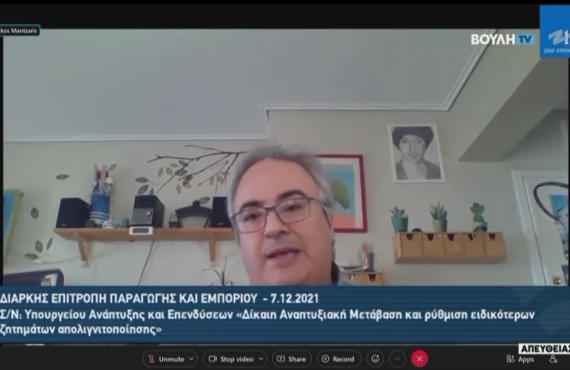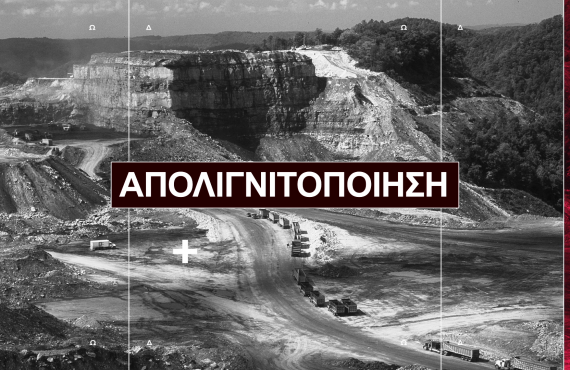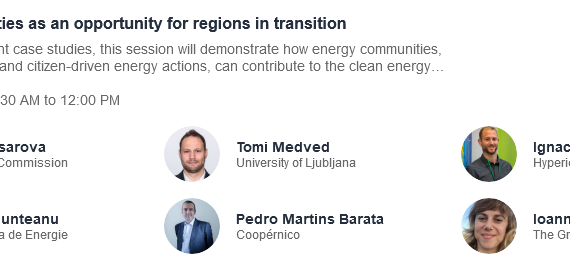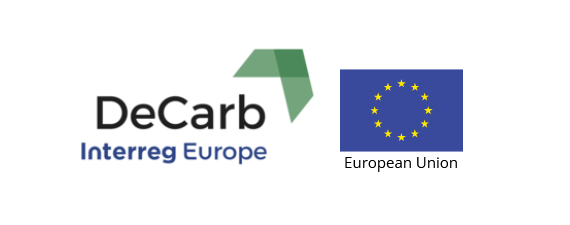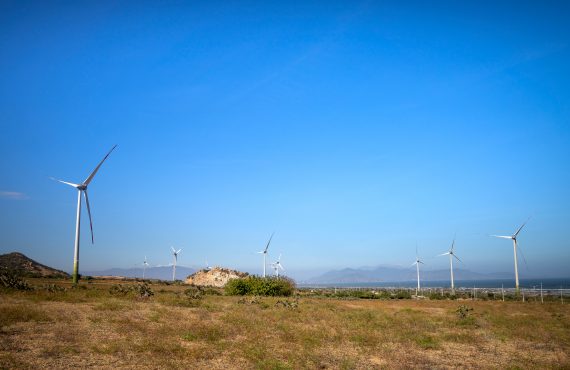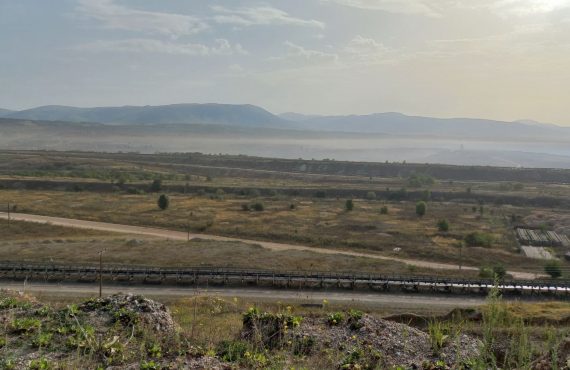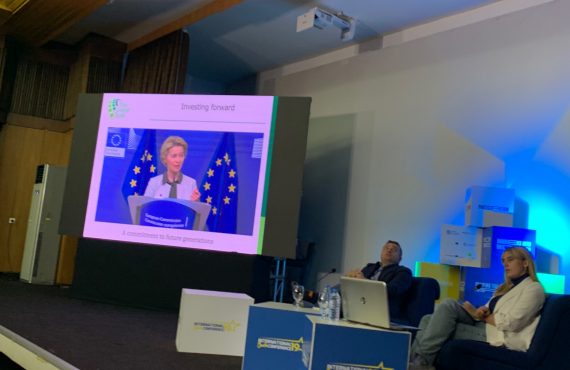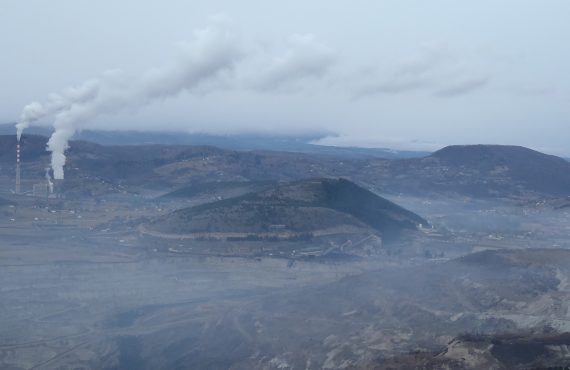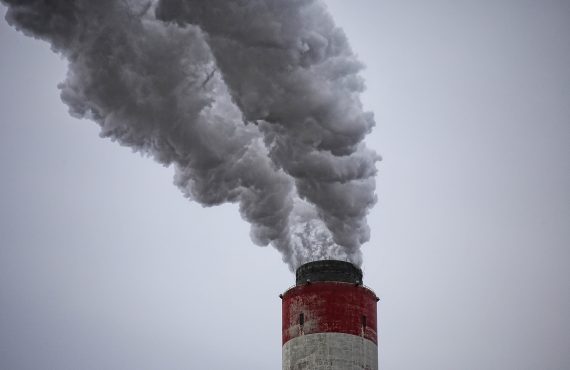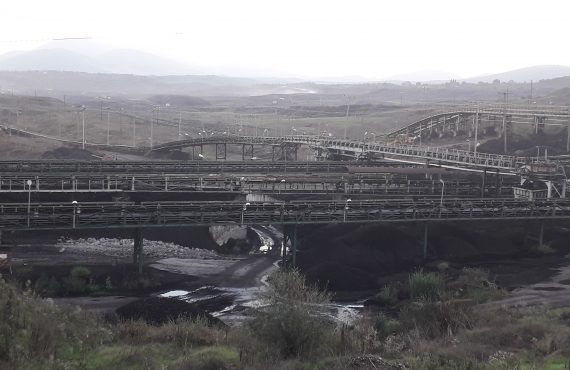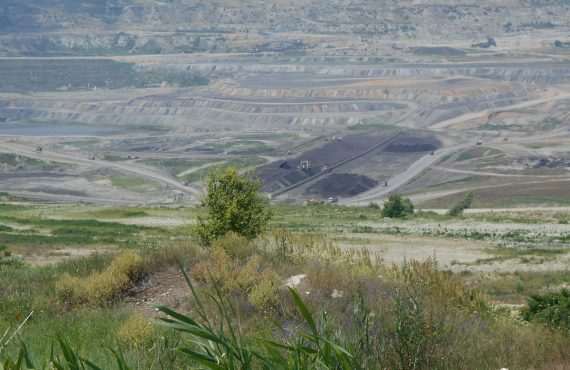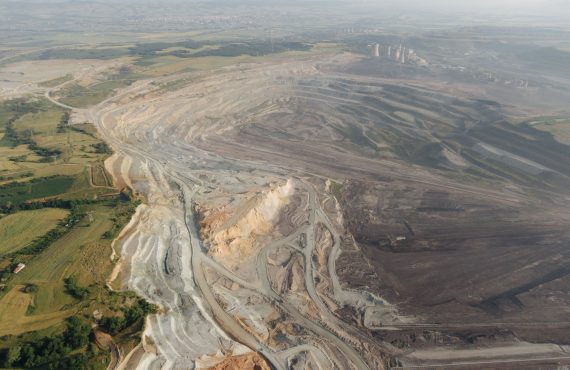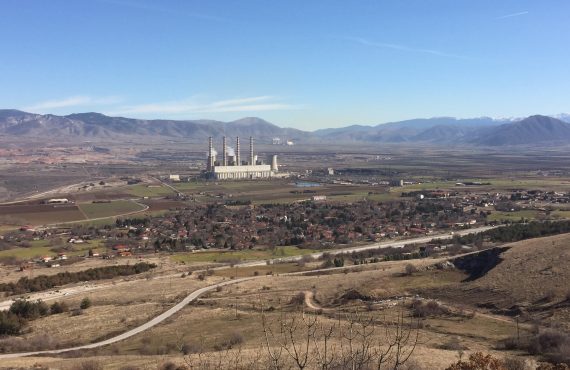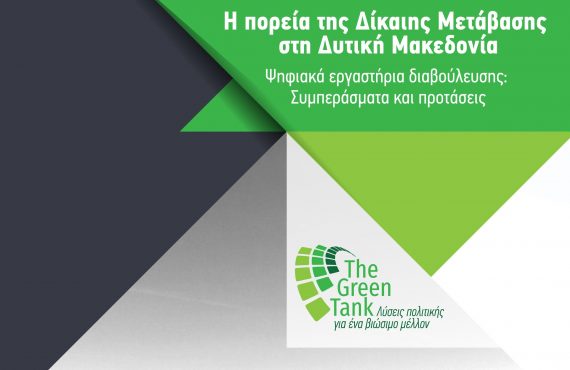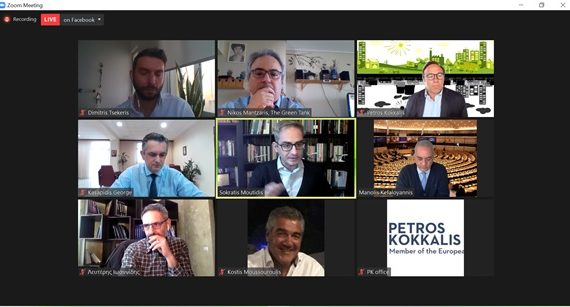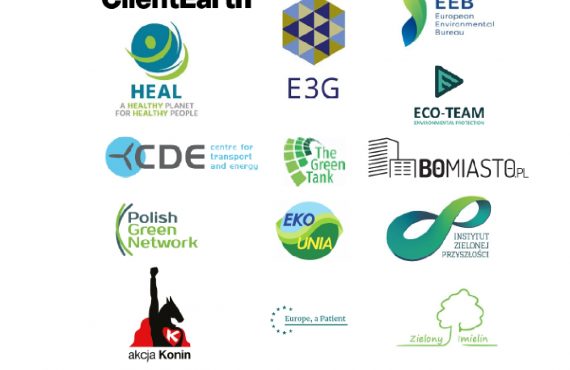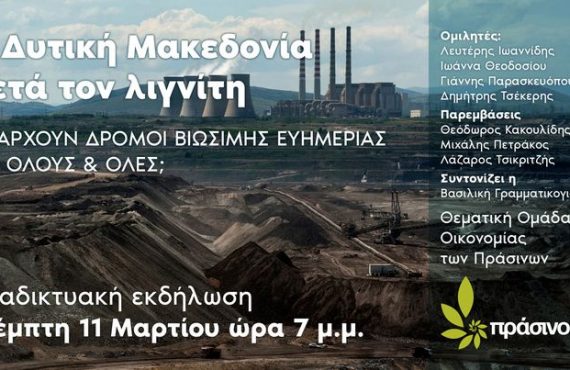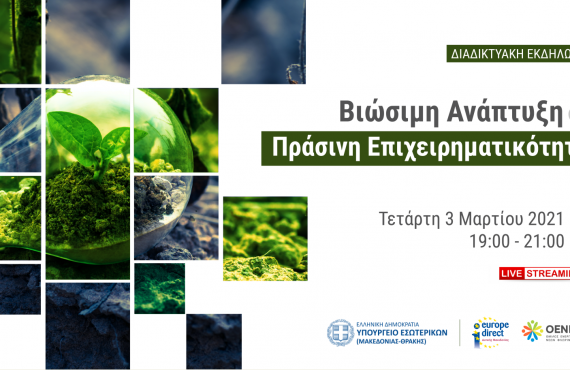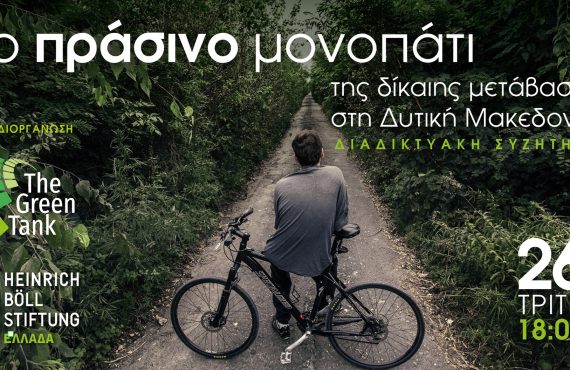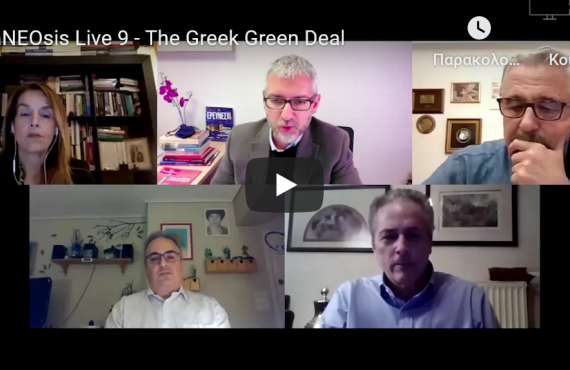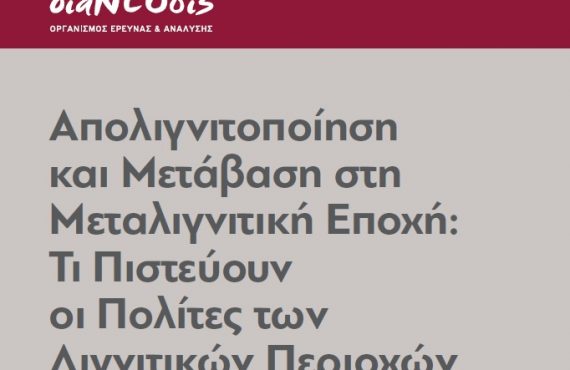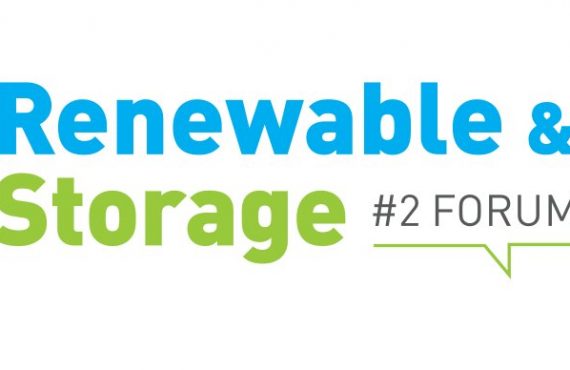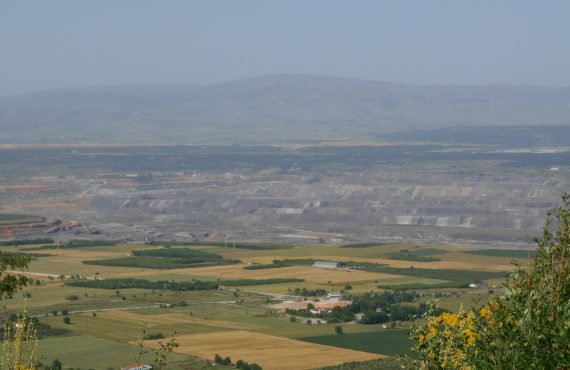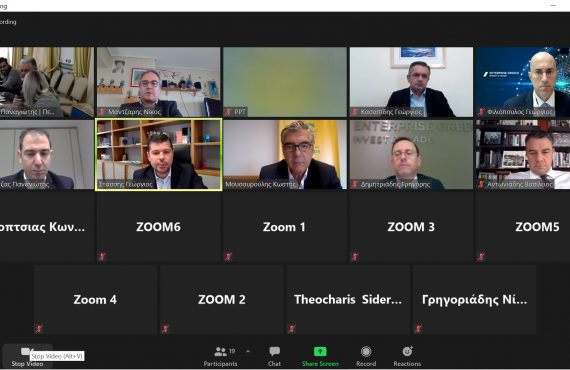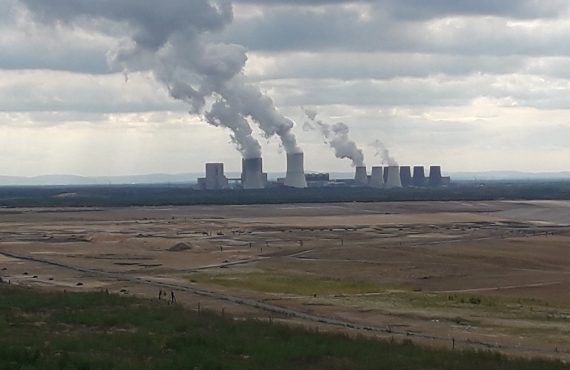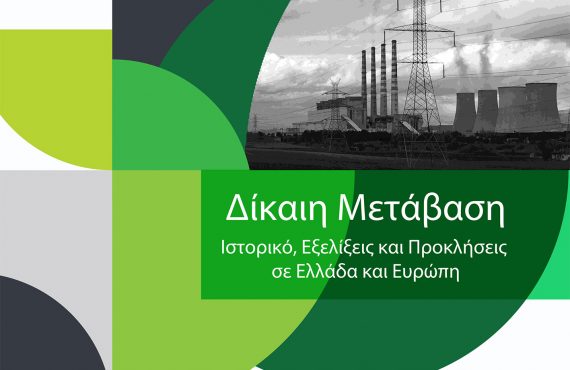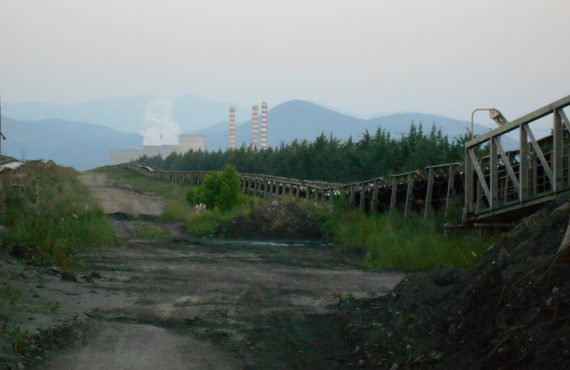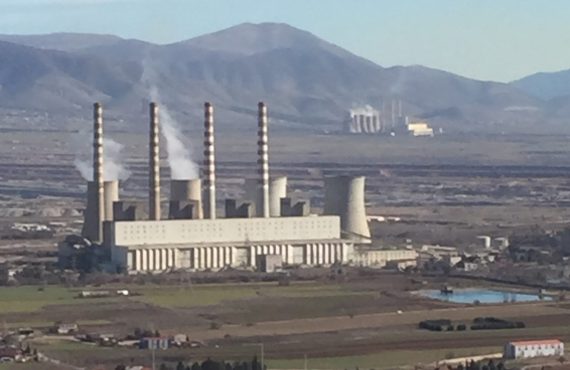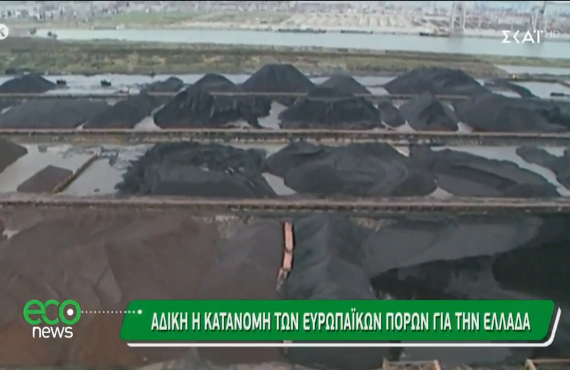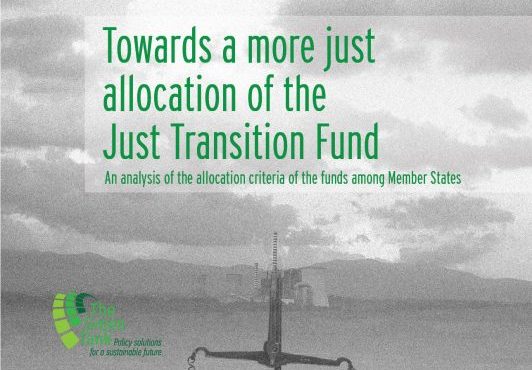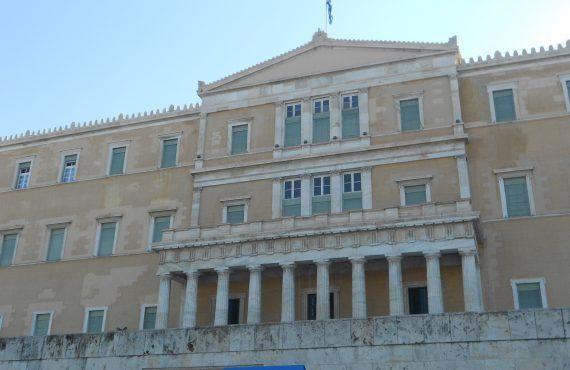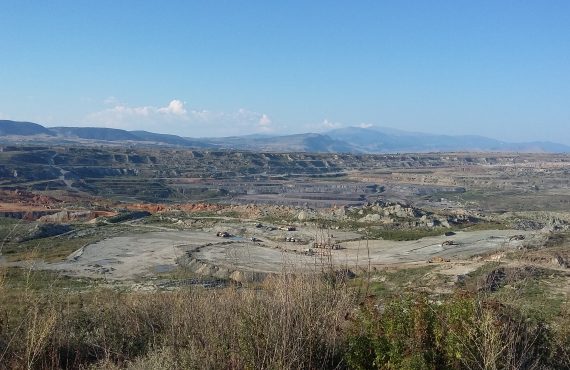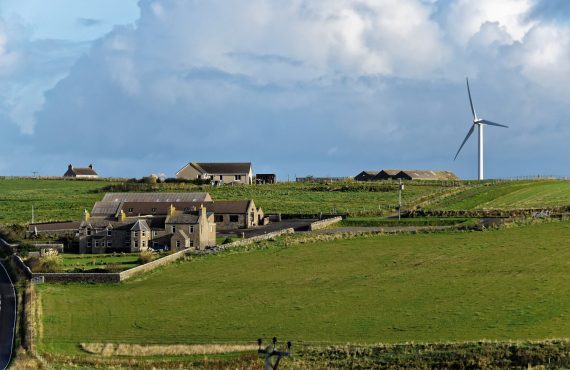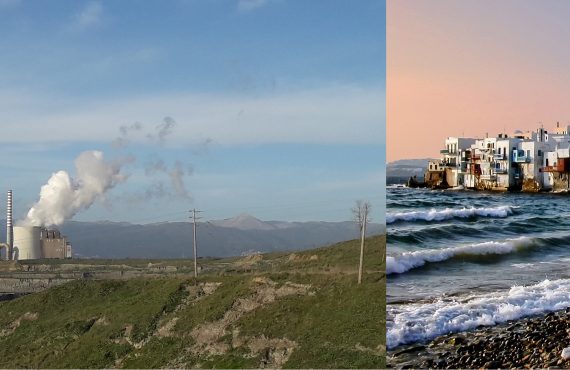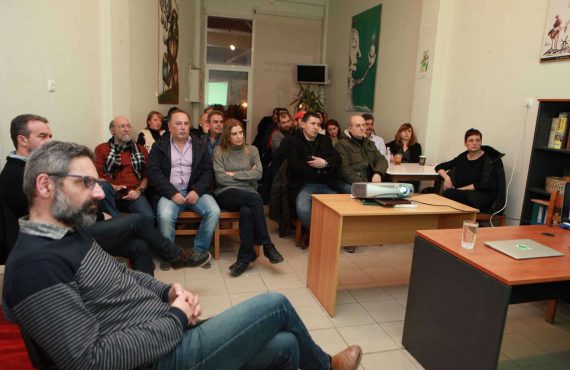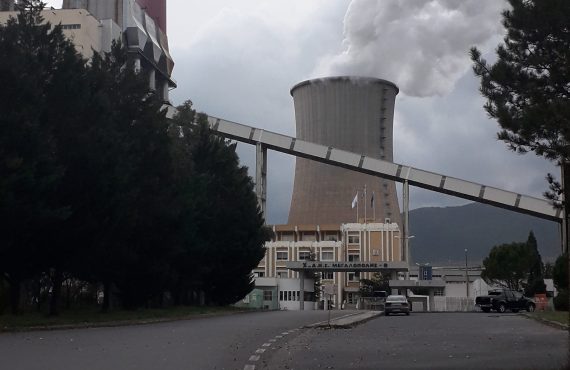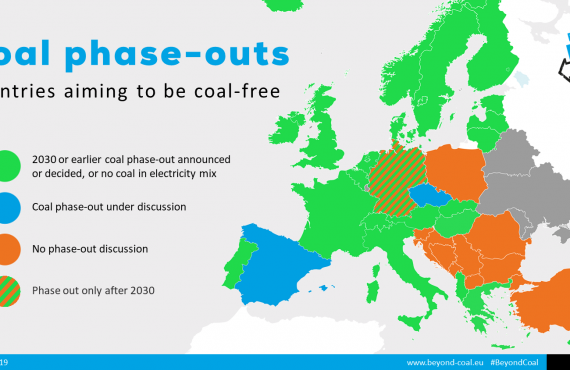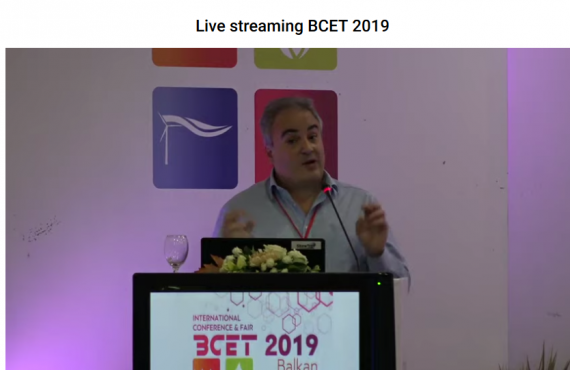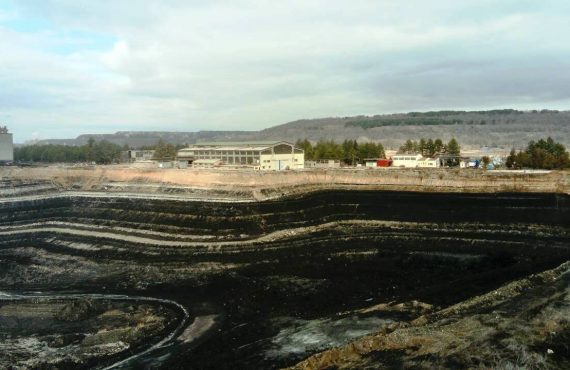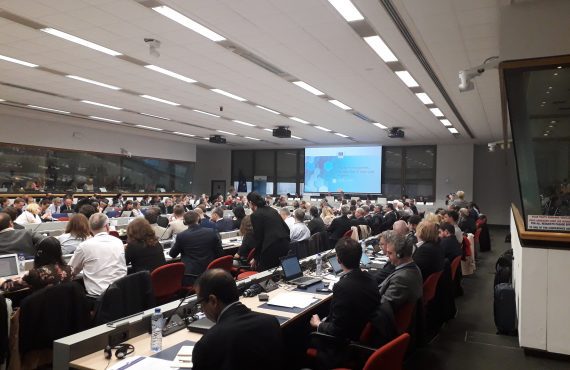The Green Tank submitted comments and specific recommendations on the Territorial Just Transition Plan (TJTP) of Western Macedonia.
The TJTP is a precondition to access the funds under the Just Transition Mechanism and at the same time it aims at altering the development model of the lignite region of Western Macedonia to sustainability. It is also an important plan in order to ensure the success of just transition.
The Green Tank submitted its comments believing that they will be useful to the urgent need of planning on a sustainable and green basis for the post-lignite era for the region. The comments regarded:
- European and national funding for the projects
- Participation and governance
- Categories of enterprises to be funded
- Categories of investments that will be funded
- Investments that are not included in the plan (energy storage, energy efficiency, energy communities, RES for heating)
- Land restoration
The comments can be summarized in the following twenty points:
- The Western Macedonia TJTP, adequately describes the transition to a carbon neutral economy at a national level, even if there is no mention of the new EU climate target aimed at a reduction of emissions of at least 55% reduction until 2030, which creates the need for a revision of the Greece’s National Energy and Climate Plan (NECP) and, consequently, a revision of the TJTP.
- There is no mention (or analysis) of the amount of funding available to finance the transition.
- Explanation and documentation is required regarding the adequacy of resources, especially regarding the contributions of ERDF and ESF+ intended to be used for the transition of Greece’s 2 lignite regions as well as that of the islands. Current funding levels (1,6 billion Euros) are clearly lower than the funds of neighboring Member States only from the Just Transition Fund (JTF). Similar explanation is needed for the amount of funding from the Recovery and Resilience Fund that are earmarked for the transition.
- National funds are considered to be utterly insufficient for an issue that is described as “National”.
- There is no correlation between available funding and specific investments.
- Many relevant partners are absent from the drafting process of the TJTP and the governance scheme based on Article 6 of the Common Provisions Regulation (CPR), such as environmental partners, despite the strong environmental dimension of the transition process to the post-lignite era.
- The governance scheme is centralized and follows a top-down approach, leaving a minimal role to local actors and civil society.
- Despite the recognized importance of small and medium enterprises (SMEs) for the necessary shift of the region’s development model, there is no description of the type of SMEs that will be suuported through the TJTP or how they will be supported.
- The “detailed” list of the larger companies intended to be supported by the JTF, and required by the JTF Regulation, is missing.
- The “detailed” list of investments required to achieve greenhouse gas emission reduction from activities listed in Annex I to Directive 2003/87/EC, that are also required by the JTF Regulation, is also missing.
- Funding from the Just Transition Fund for waste to energy projects is not possible according to the JTF Regulation. Such investments are not environmentally sustainable and, thus, not eligible for funding.
- The use of the third pillar of the Just Transition Mechanism (European Investment Bank) to finance new fossil gas infrastructure without CCS, such as those planned for district heating in the three cities of Western Macedonia, is not possible due to the new EIB policy announced in November 2019.
- Funding of district heating projects to the extent that they are based on fossil gas infrastructure from the JTF is not possible according the JTF Regulation.
- Fossil gas infrastructure and district heating funding from the 2nd pillar of the JTM InvestEU, is problematic.
- References to energy storage infrastructure investments are vague and generic despite being eligible for funding and offering comparative advantages for Western Macedonia.
- References to energy savings and energy efficiency investments are also generic and vague, despite their proven potential for job creation, locally added value and their clear eligibility for JTF funding.
- Energy communities are not mentioned at all or incentivized, despite the fact that the creation of energy communities can enhance citizen participation and the correlated economic benefits from the transition process to the post-lignite era.
- The use of renewables for the heating of the citizens of Western Macedonia in not considered or at all included in the TJTP, despite the fact that the corresponding investments are fully eligible for funding from the JTF as well as the Recovery and Resilience Fund.
- There are many gaps around the key issue of land restoration and rehabilitation, such as whether the ”polluter pays” principle required by the JTF regulation is complied with, what is the rehabilitation plan, what is the estimated cost of the remediation, what is the land value transferred from the PPC to the Special Purpose Vehicle (SPV), what part of Greece’s (small) JTF share of €755million will be channeled to the restoration of lands etc.
- There is ambiguity regarding the type of energy investments to be funded by the Recovery and Resilience Fund.
You may read the full text of comments (in Greek) here.
You can also read the letter that 18 EU NGOs sent to the European Commission regarding the TJTPs here.



